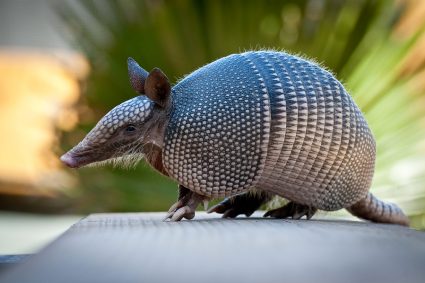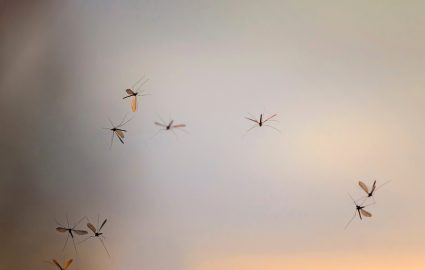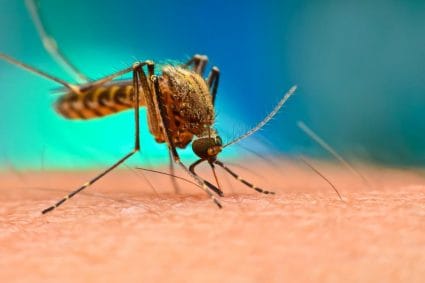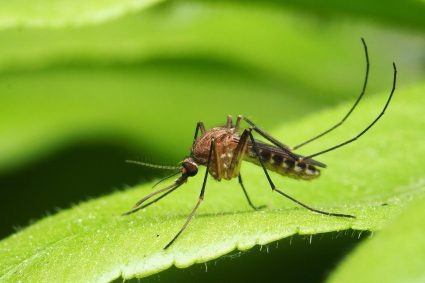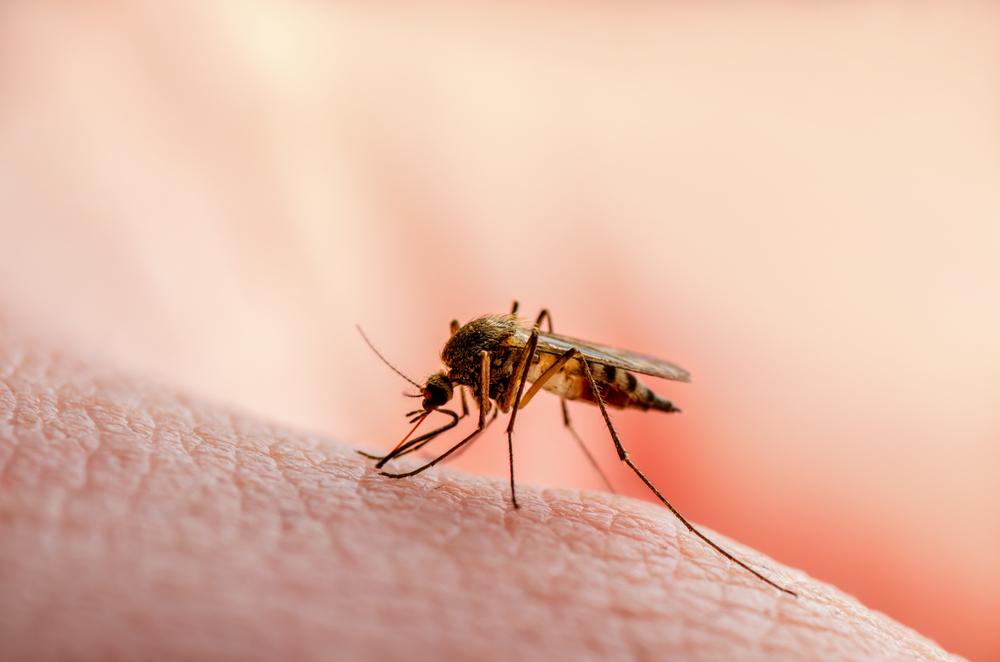
Ozone, an inorganic molecule consisting of three oxygen atoms, is known for its powerful oxidizing properties. But does it have the ability to kill mosquitoes? In short, ozone does not directly kill mosquitoes, but it has shown to have repellent effects on them. This article will delve into the science behind ozone, its interactions with mosquitoes, and its efficacy compared to other mosquito control methods.
Ozone does not directly kill mosquitoes. Instead, it has been found to exhibit repellent effects on various mosquito species. However, high concentrations and prolonged exposure to ozone are required for it to be effective, which may not be safe for humans and pets. Therefore, it’s recommended to use ozone-producing devices in conjunction with other mosquito control methods.
What is Ozone and How is it Produced?
Ozone is a pale blue gas with a distinctively pungent smell and is an allotrope of oxygen. It forms when heat and sunlight cause chemical reactions between oxides of nitrogen (NOx) and volatile organic compounds (VOCs). Ozone is produced throughout the atmosphere in multistep chemical processes that require sunlight. However, while stratospheric ozone protects us from the sun’s harmful ultraviolet radiation, tropospheric or ground-level ozone can be harmful to human health and the environment when inhaled.
The Interaction of Ozone with Mosquitoes
Ozone has been found to exhibit repellent effects on mosquitoes. Studies evaluating an indoor ozone-producing air purifier found that it repelled 68.56% of Aedes aegypti and 83.23% of Culex quinquefasciatus mosquitoes. However, no mortality was observed in these tests, suggesting that ozone acts as a repellent rather than a lethal agent for mosquitoes.
Scientific Evidence Supporting the Repellent Effects of Ozone
While there is no direct evidence linking ozone to mosquito mortality, studies have shown that it can be effective in repelling mosquitoes. A study published in PubMed found that an indoor ozone-producing air purifier repelled various mosquito species, although no mosquito deaths were observed. Another source states that ozone generators can be effective against flying insects like mosquitoes due to their small size and relatively delicate constitution.
The Efficacy of Ozone Compared to Other Mosquito Control Methods
Compared to other mosquito control methods, such as spatial repellents, bug zappers, and citronella candles, ozone generators can be more effective against flying insects. However, high concentrations and prolonged exposure to ozone are required for it to be effective, which may not be safe for humans and pets. Therefore, it’s recommended to use ozone-producing devices in conjunction with other vector control methods.
Environmental Factors Affecting the Efficiency of Ozone in Killing Mosquitoes
Several environmental factors can affect the efficiency of ozone in killing mosquitoes, including ozone concentration, exposure time, life stage of the insect, temperature, humidity, and the presence of other pollutants. To optimize the effectiveness of ozone in killing mosquitoes, it is essential to consider these factors and use appropriate ozone concentrations and exposure times while ensuring safety for humans and the environment.
Potential Negative Effects of Using Ozone as a Mosquito Killer
While ozone can be effective in repelling and killing mosquitoes, it can also be harmful to human health if inhaled in high concentrations. Prolonged exposure to ozone can lead to respiratory issues, such as airway irritation, coughing, chest tightness, and shortness of breath. Moreover, ozone can have detrimental effects on plants and ecosystems, making them more susceptible to certain diseases, insects, other pollutants, competition, and harsh weather.
Practical Implications of Using Ozone in Mosquito Control
In areas heavily affected by mosquito-borne diseases, ozone can be used as a mosquito repellent. However, it should be combined with other vector control methods for optimal results. The repellency effect alone may not be sufficient to control mosquito populations and prevent the transmission of mosquito-borne diseases.
Conclusion
In summary, while ozone does not directly kill mosquitoes, it can help repel them. However, due to the potential negative effects on human health and the environment, precautions should be taken when using ozone for mosquito control. It’s recommended to use ozone-producing devices with care and in conjunction with other vector control methods for optimal results and safety.
Stay tuned for more detailed articles on similar topics and remember, knowledge is power when it comes to keeping your environment mosquito-free!
Frequently Asked Questions
What are other examples of vector control methods?
Other vector control methods include the use of insecticides, bed nets, spatial repellents, and biological control methods like introducing predators or pathogens that kill mosquitoes.
What are Aedes aegypti and Culex quinquefasciatus?
Aedes aegypti and Culex quinquefasciatus are two species of mosquitoes. Aedes aegypti is known to transmit diseases like dengue fever, Zika virus, chikungunya, and yellow fever, while Culex quinquefasciatus is a vector for West Nile virus and various forms of encephalitis.
Can ozone generators be used in homes?
Yes, ozone generators can be used in homes, but they should be used with caution due to the potential health risks associated with ozone exposure. It’s recommended to use them in areas that are unoccupied and to ventilate the area thoroughly before re-entry.
Are there any other uses of ozone?
Yes, apart from pest control, ozone has many other uses. It’s used in water treatment for its disinfecting properties, in the food industry to kill bacteria and pathogens, and in air purification to remove odors and pollutants.
Do all mosquitoes carry diseases?
Not all mosquitoes carry diseases. However, certain species are known to be disease vectors, meaning they can transmit diseases to humans through their bites. These include species such as Aedes aegypti, Culex quinquefasciatus, and Anopheles mosquitoes, which can transmit diseases like malaria, dengue fever, Zika virus, and West Nile virus.

